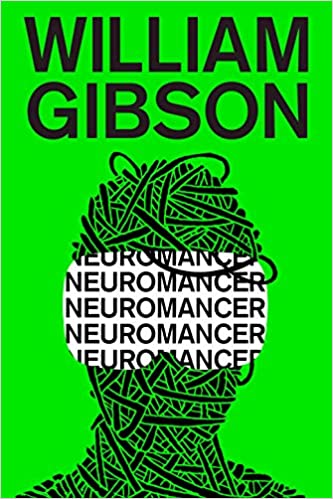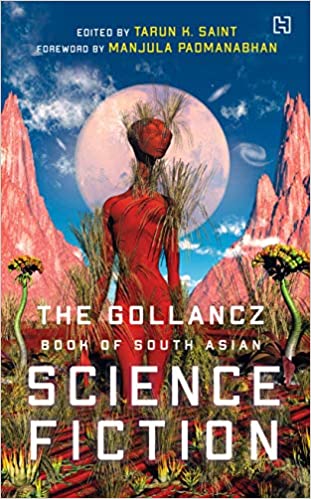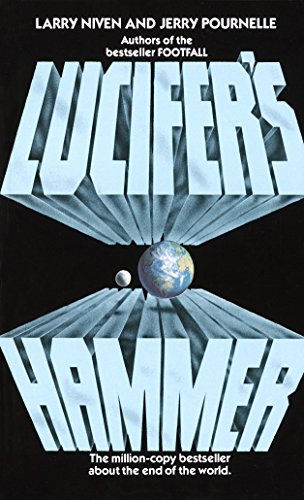The Andromeda Evolution
- Publisher : HarperCollins
- Binding : Paperback
- ISBN : 9780008389581
- Age Group : Adult
- Language : English
Fifty years after The Andromeda Strain made Michael Crichton a household name – and spawned a new genre, the techn ...
Fifty years after The Andromeda Strain made Michael Crichton a household name – and spawned a new genre, the technothriller – the threat returns, in a gripping sequel that is terrifyingly realistic and resonant. THE EVOLUTION IS COMING In 1967, an extraterrestrial microbe—designated the Andromeda Strain—came crashing down to Earth and nearly ended the human race. A team of top scientists assigned to Project Wildfire worked valiantly to save the world from an epidemic of unimaginable proportions. In the ensuing decades, research on the microparticle continued. And the world thought it was safe.… Deep inside Fairchild Air Force Base, Project Eternal Vigilance has continued to watch and wait for the Andromeda Strain to reappear. For years, the project has registered no activity—until now. A Brazilian terrain-mapping drone has detected a bizarre anomaly of otherworldly matter, and, worse yet, the tell-tale chemical signature of the deadly microparticle. With this shocking discovery, the next-generation Project Wildfire is activated, and a diverse team of experts hailing from all over the world is dispatched to investigate the potentially apocalyptic threat.But the microbe is growing—evolving. And if the Wildfire team can’t reach the quarantine zone, enter the anomaly, and figure out how to stop it, this new Andromeda Evolution will annihilate all life as we know it.
Adam Smith was born on the 5th June 1723 in the town of Kirkaldy, Scotland. He received the rudiments of education at the grammar-school of Kirkaldy and later studied social philosophy at the University of Glasgow and at Balliol College, Oxford. From a young age he had a passion for books and extraordinary powers of memory. In 1748, he took up his residence in the capital of Scotland, when he first entered into public life, by delivering lectures, under the patronage of Lord Kames, on rhetoric and the belles letters, which he continued for two years. In 1751, he was chosen professor of logic in the University of Glasgow.
A pioneer of political economy, he published his magnum opus, An Inquiry into the Nature and Causes of the Wealth of Nations, generally referred to by its shortened title The Wealth of Nations, in 1776. A fundamental work in classical economics, the book offers one of the world's first collected descriptions of what builds nations' wealth. The book also touches upon broad topics such as the division of labour, productivity and free markets, while reflecting upon the economics at the beginning of the Industrial Revolution.



.jpg)







